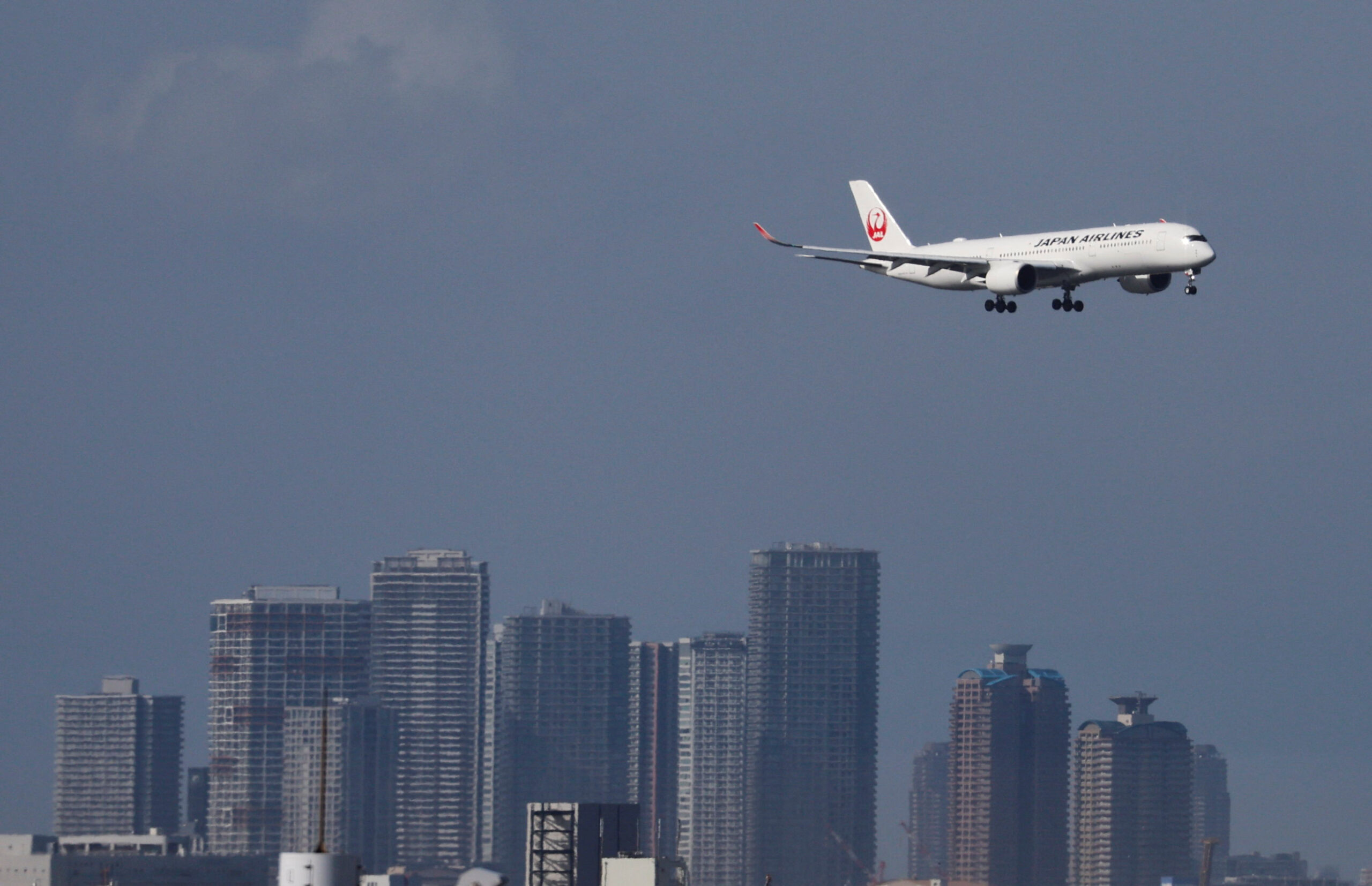
Japan will increase imports and output of jet fuel amid a surge in travel
A government plan that was revealed in draft form on Tuesday indicates that Japan intends to boost both its domestic production and imports of jet fuel in response to an increase in demand from aircraft during a tourism boom.
The project seeks to address a recent shortage of jet fuel that has affected commercial aviation and impeded the introduction of new routes and the increase of international flight capacity.
After rigorous COVID-19 border controls ended in late 2022, travel to Japan was once again visa-free. The country’s attraction to foreign tourists was further enhanced by the yen’s decline to a 38-year low.
The draft was sent to a group of experts debating the fuel scarcity problem by the ministries of industry and transportation.
The draft suggests that as short-term measures, each airport’s fuel demand growth be evaluated, and that local production be increased together with imports to guarantee a sufficient supply.
Utilizing all available space on trucks and ships is another way that the plan aims to boost transportation networks.
The draft suggests expanding the number of tanks at airports and refineries, securing more trucks and larger ships, and modernizing outdated cargo handling machinery as medium- and long-term measures.
Over the last ten years, Japanese refiners have been lowering their oil processing capacity in response to a decline in domestic demand brought on by an aging population, a declining birthrate, and a move toward more fuel-efficient automobiles.
“We have to take a long-term approach because, unlike other oil products, we expect jet fuel demand to increase further as the government targets 60 million foreign tourists in 2030,” an industry ministry official told reporters.
Japan welcomed slightly more than 25 million tourists in 2023.
All Categories
Recent Posts
Tags
+13162306000
zoneyetu@yahoo.com



